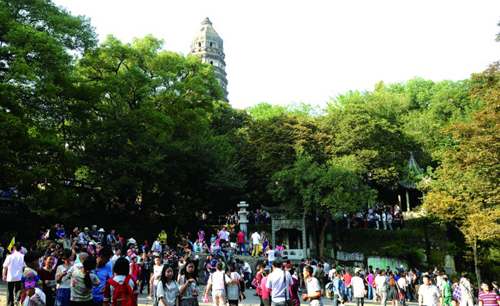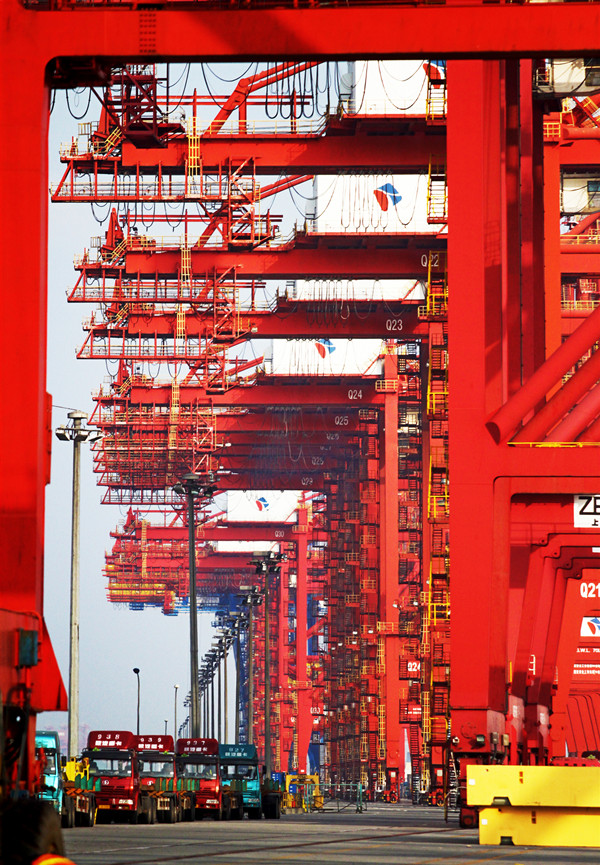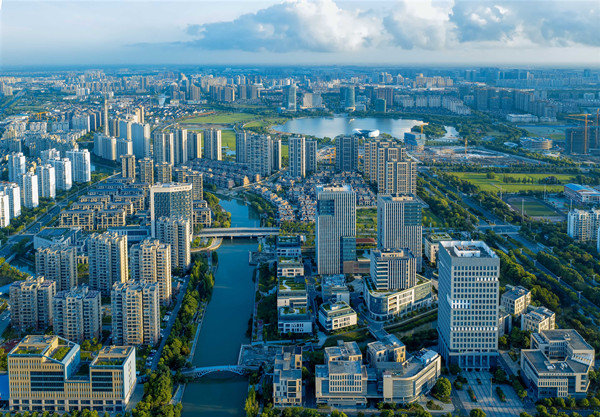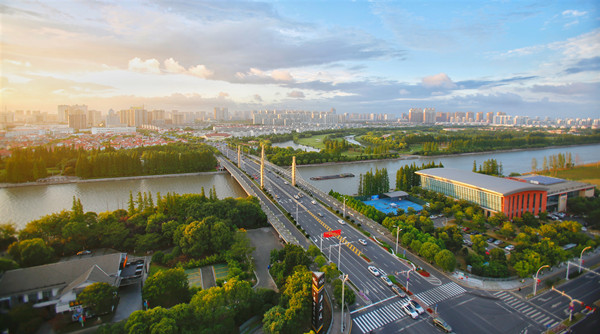Suzhou pulls in $1.1 billion from tourism during National Day holiday
 |
|
People from all over enjoy the scenery at Tiger Hill, on Oct 7. (Photo/Suzhou Daily) |
The city of Suzhou, Jiangsu province recorded a record 6.77 million tourists from China and abroad for the 7-day National Day holiday, an increase of 8.34 percent over last year, bringing in earnings of 6.79 billion yuan ($1.1 billion), or a growth of 12 percent over the same last year period.
Suzhou offered at least 70 special activities for the holiday, with the Jinji Lake Art Festival in the city’s Industrial Park, the Osmanthus Festival at East Hill and Guangfu town, a crab delicacy festival at Yangcheng Lake, the Midi Music Festival and the Lantern Festival, at Shanghu Lake, which brought tens of thousands of visitors. The city’s 4A and 5A tourist spots attracted nearly seven million holiday makers and ticket sales of almost 120 million yuan.
Some travelers also came looking for quieter spots so. Some traditional attractions, such as the private gardens saw fewer people than in the past. At the same time, open-air spots, such as Lotus Island in the Xiangcheng district, the Yangcheng Lake Peninsula, and Fenghuang Hill in Zhangjiagang attracted many local families. The Zhouzhuang and Tongli tourist spots saw about the same number of people as in the past, while Zhenze, Lili and other old towns were preferred by those seeking quiet.
An official survey showed the number of independent travelers increasing dramatically, with almost 80 percent of the visitors being families or groups of friends, and only 12 percent, individuals. Those who decided to join a package tour organized by a tourist agency only accounted for a meager 6.67 percent.
In the area of transportation, train passengers accounted for 66 percent of all visitors, while the long-distance bus was the second choice, at 17.33 percent, while private cars accounted for 13.67 percent and tour buses 1.33 percent.
All in all, the visitors seemed satisfied with the city’s services in tourist spots, toilets, shopping, entertainment, catering, accommodation, and information signs. The least satisfactory was the tour guides and traffic. Visitors seemed quite pleased with the whole impression Suzhou and its environment and local delicacies.
People who visited Suzhou this Golden Week came from several provinces, with those from Jiangsu province accounting for almost 24 percent, from Zhejiang province, 13 percent, Shandong, about 8 percent, and from nearby Shanghai, 8 percent. Those from far away Hebei, Henan, Hubei, Shanxi, Guangdong, Anhui, and Sichuan were just above 3 percent of the total number.
In the area of accommodations, 44 percent of the tourists chose more economic hotels or hostels, while 38 percent headed for star-rated hotels and high-level residences. Almost 20 percent found a place to sleep with their relatives or friends in the Suzhou area. Average occupancy at hotels overall was 74 percent or 1 percent lower than for last year, and average occupancy Oct 1 – 5, was 84 percent.
Nonetheless, it was still difficult to book a room during the holiday, perhaps not surprising since prices rose by 20 to 50 yuan at various hotels. Bookings at hotels across the city reached 70 percent in the two days before National Day. The booking rate on the day from October 1 to 5 was close to 85 percent.
Some tourist websites booked all the standard hotel rooms beforehand this year, perhaps another reason for the lack of available rooms at some hotels.









